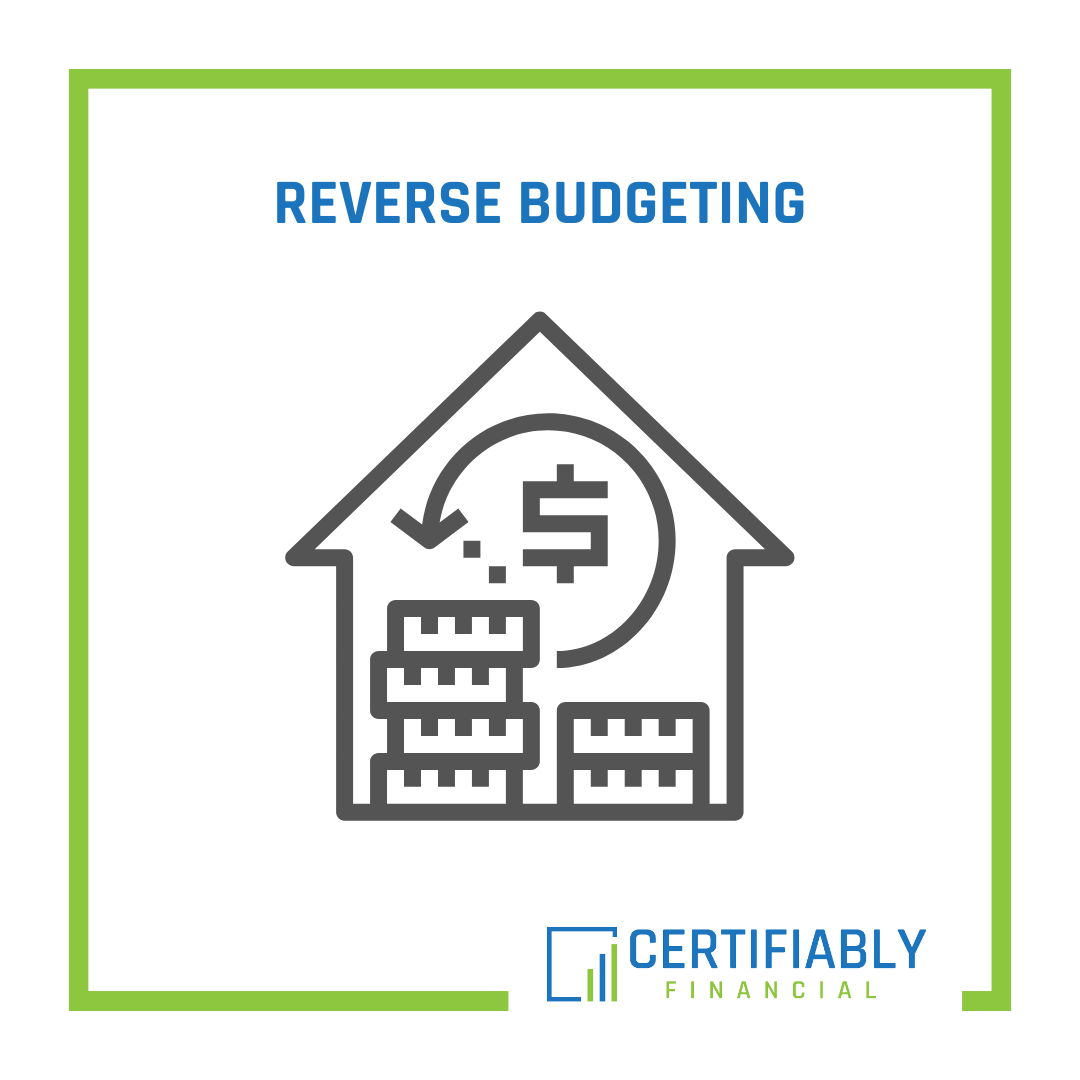In January, Amanda and I bought airfare and started making plans for a 2-week trip to Italy in May to celebrate our 1-year anniversary a little early. That fell flat on its face. Instead, last week we went to Savannah to celebrate. We went on the trip without an itinerary, list of things to do, or a budget.
The lack of structure was outside of my comfort zone. The reason that we didn’t have our plans in place like we usually do is because this trip was thrown together last minute for us compared to our usual level of planning. We had been talking about doing something for a while after our Italy trip got cancelled, but we didn’t decide that we were going to actually take a trip until a couple of weeks before we left and didn’t choose where we were going to go until a week or so before.
Reverse Budgeting Provides Freedom
Typically, I would have had a detailed itinerary and list of things to do to make sure that we made the most of our time in the place that we were traveling to and to make sure that we get to see everything that we wanted to. Along with that comes a pretty detailed budget. This trip was the exact opposite.
I wasn’t worried about the budget, though. Fortunately for us, we’re able to hit our savings and investing goals consistently and I knew that we wouldn’t be going crazy and spending a ton. If we’re able to hit our savings and investing goals, then who really cares what we spend the rest of our money on? This is a concept that is referred to as reverse budgeting.
Forget About The Categories
Everyone has different tastes and finds happiness in different things. If you can make your savings and investing goals your number one priority and make sure that you achieve them consistently, then you don’t need to follow some strict budget that tells you that you should only spend X% on each category. The % of your money that you spend on housing might be much more than what someone else does but if you spend much less on transportation or food than them and it all equals out, then does it really matter who spent more on what?
We didn’t really worry about how much we spent while we were on vacation. Of course, we were mindful and didn’t blow money just for the fun of it, but we also weren’t worried about every penny spent and sticking to a strict budget. Setting our lifestyle and personal finances up in a way that allows us to save and invest what we need to means that we didn’t have to be so strict.
(In full transparency, I do have a general idea of what we spent and, of course, I’ll go back and track how much we actually did spend just because I like to know and keep records.)
Reverse Your Budget For Success
A lot of people want the structure of a budget and want to know exactly what % of their take-home pay they should allocate to each spending category. I get it. I’m that type of person, too. However, this is exactly what makes budgeting too overwhelming and cumbersome for most.
It’s why most budgets fail and why I love the concept of reverse budgeting.
Make hitting your savings and investing goals your number one priority and be sure to achieve them consistently. This allows you the freedom to do what you want to with the rest of your money and not have to worry about where every red cent is being spent.

